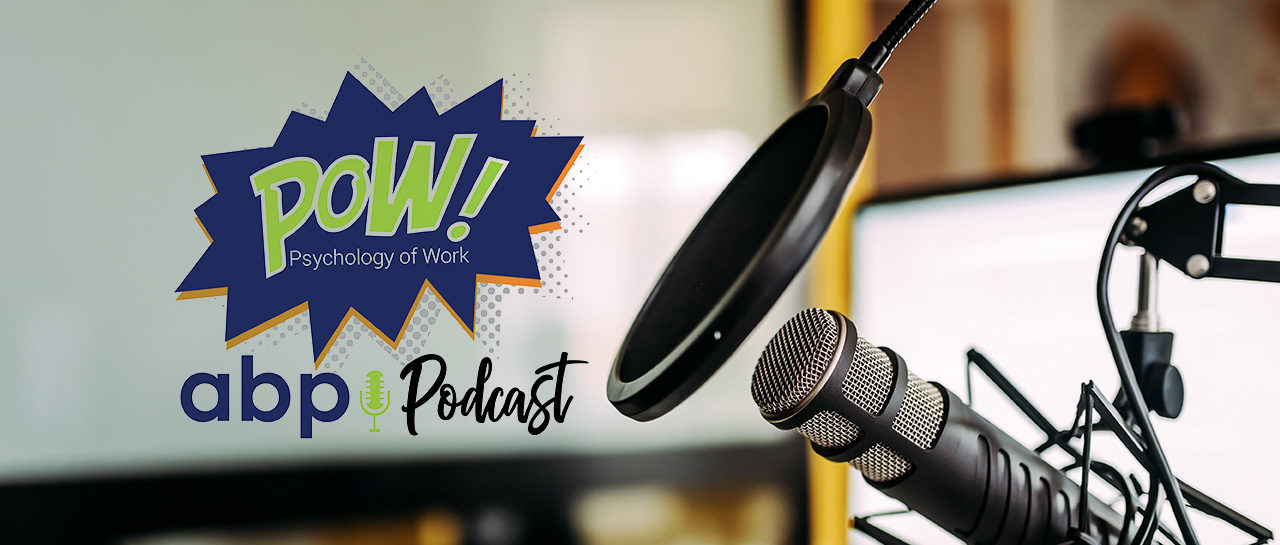In discussion with Rob Feltham, Philip Wilson, brings to life his remarkable journey as Chief Psychologist for UK Civil Service Fast Stream and Emerging Talent. He has led the design of the Fast Stream assessment process, along with the diversity and inclusion strategy and leadership…
You will have almost certainly bought from Amazon. You may have travelled in an Uber taxi. You, or someone you know, may rely on home help from a carer. But have you ever considered what it’s really like to work in one of those jobs, as part of the so-called gig economy? A job where you may be on a zero hours contract, with no guarantee of work one day to the next, and without the same safety and security provided by a traditional full time job. If you are a business psychologist, you may be an independent freelancer and enjoy the flexibility of that lifestyle. But does the gig economy actually benefit the employee – or the employer?
In this episode, we explore this new career deal, the rise of the gig economy and what this means in psychological terms for businesses and individuals. The ‘New Career Deal’ was our theme for the 2018 ABP conference and in this podcast you’ll hear exclusive interviews with two of our keynote speakers. One is Matthew Taylor, the senior policy advisor and Chief Executive of the RSA whose government commissioned report on the nature of good work lead to new legislation in December 2018 giving gig economy workers more rights in terms of pay and leave. The other is journalist and author James Bloodworth, whose book ‘Hired: Six Months Undercover in Low-Wage Britain’ lifted the lid on what it is really like to work in the gig economy. You will also hear from our vice-chair Lucy Standing, and from ABP members and conference attendees, as we seek to understand more about the reality of the gig economy from a psychological perspective – and whether the gig work makes us happier, and healthier, than a traditional employer-employee relationship. We learn about the concept of “good work”, why this is crucial and how organisations can provide it to create engaging, productive and ethical work environments regardless of the type of employment contract.
Listen to “Episode 1: The Psychology of the Gig Economy” on Spreaker.

